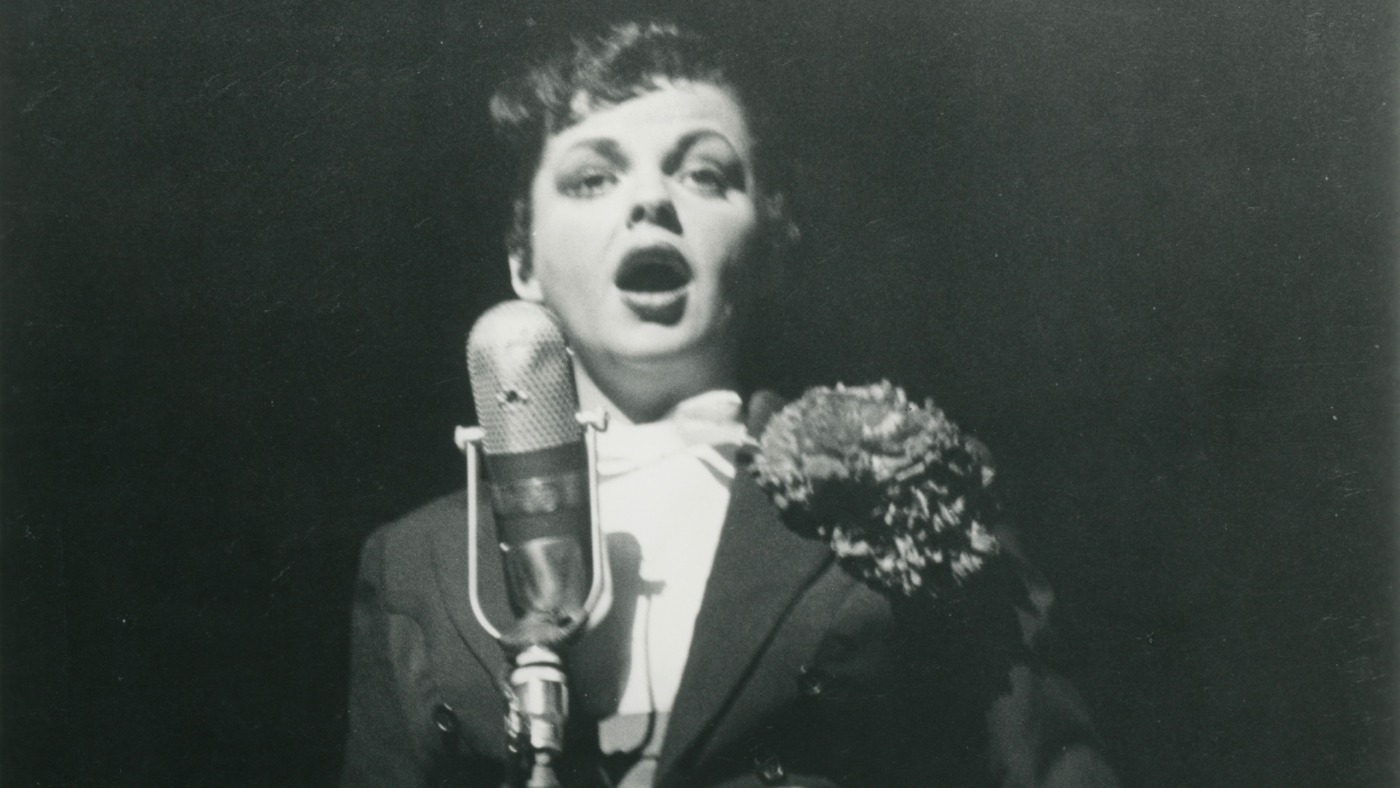‘Judy’ powerfully captures the trappings of fame
I imagine Judy will prove to be one of the big successes of 2019. A biopic based on the final years of iconic actress Judy Garland, best known as Dorothy Gale in The Wizard of Oz, it stars Renée Zellweger as a truly damaged soul. Defined by financial debts and the desire to provide for her children, we witness Garland’s career on the decline. She has no option but to cross the pond to London and attempt to revive her career for the final time. Zellweger proves her capability throughout by demonstrating the trappings and damaging consequences of fame on one’s personality and, ultimately, entire life.
The narrative structure was simple to follow, with the main story arch being set after Garland’s career-defining performances are far behind her. Plagued by drink, drugs and external debts, Garland decides that her career can only be revived in London. The trauma of repeated rejections from hotels because of unpaid debts is painful to watch. It’s evident to all that Garland’s children are having to grow up dramatically quickly. This is only exacerbated when Garland has to leave her children in America, with Zellweger proving her capability to reveal a mother’s love.
Zellweger proves her capability throughout by demonstrating the trappings and damaging consequences of fame on one’s personality and life
There is a sense within the film that her decline was inevitable, demonstrated through occasional flashbacks. These highlight the level of exploitation she faced as a young child actor, desperate for any kind of stardom and fame. She was at the mercy of directors, forced to do anything they wanted. Whether it was not eating anything whatsoever, engaging in a fake party to celebrate her birthday or going hours or days without sleeping, Garland was clearly exploited from the first day she began searching for fame. Even her one act of rebellion – jumping into a swimming pool – is soon reversed as she desperately apologises to her bullying director Louis B. Mayer. In a sense, it is no wonder she became dependent on alcohol and substances as a release from her hellish childhood.
Within London, it is clear that people exist who attempt to care for her and are desperate for her career to work. Jessie Buckley stars as Garland’s personal assistant Rosalyn Wilder, responsible for ensuring she is dressed correctly and ready to sing in front of a crowd every evening. Even when Garland has taken far too many pills and is in no fit state to perform, Wilder ensures she is in a fit and dignified state to work. Her tenacity and dedication to a woman who many would have considered beyond help can only be admired.
Garland was clearly exploited from the first day she began searching for fame
The film captures the quality of her performances with truly exceptional singing. Zellweger helps to portray the talent Judy Garland had for encompassing a crowd, projecting perfect notes and total admiration from an audience. It was wonderful to see how respected and admired she was by minority groups like the LGBT+ community, who, at the time, were extremely marginalised in society. Garland shared their outlook and was someone they could look up to, respect and appreciate for their greatness.
In London, Garland’s aspirations to greatness soon meet reality. Before we know it, she is unable to perform, collapsing on the stage and being heckled off. Zellweger beautifully captures Garland’s decline, now unable to continue that act of brilliance she could previously manage for one hour while her life was otherwise totally damaged. Whatever support is given to her by members of her UK company, it is unable to compensate for her own personal damage. More than anything, the loss of her children creates an internal void that eats away at her attitudes and sense of meaning. Her mistakes catch up with her most devastatingly when her children express their desire to remain with their father, favouring the stability he offers compared to Garland’s chaos.
It was wonderful to see how respected and admired she was by minority groups like the LGBT+ community who at the time were extremely marginalised in society
It is clear her decline and ultimate fall was inevitable. Watching the film, I felt profoundly moved by her damage and slow journey towards destruction. The last scene highlights the song for which she is best known, ‘Somewhere Over the Rainbow,’ but the metaphor within it is not for Dorothy but for Judy, expressing the complete hardships and devastation in her life. She manages to perform the song beautifully and the last lines express her desire not to be forgotten. She may have died at the age of 47 in 1969 but thanks to her own brilliance as an actor and now Zellweger’s majestic, raw, unapologetic portrayal, there is no chance that the life and career of Judy Garland will be forgotten any time soon.

Comments